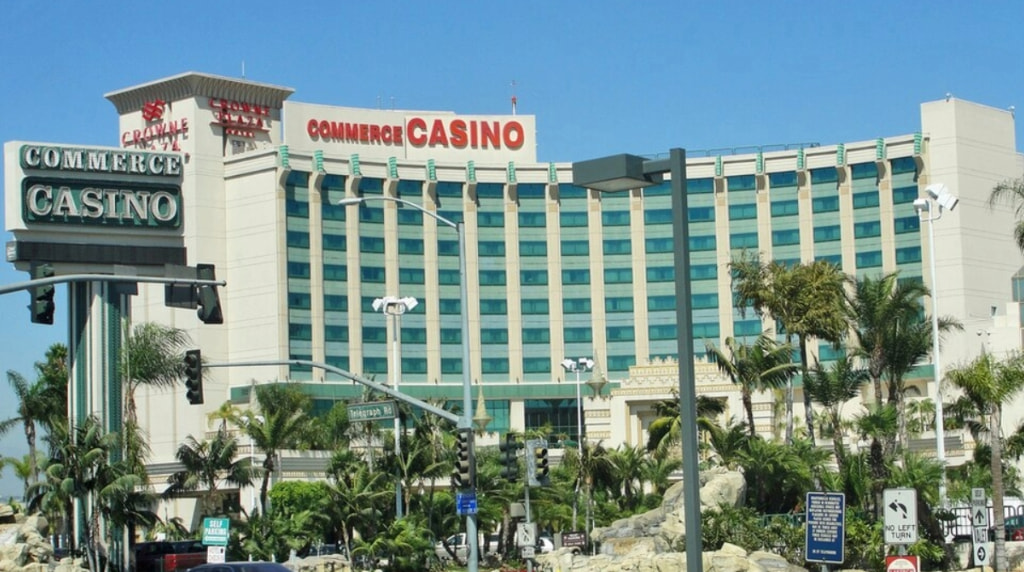Illinois Pushes iGaming Bill Again, Facing Strong Resistance
Illinois will take another swing at iGaming during this legislative session, but the odds remain long.
Key Facts:
- New Illinois iGaming legislation filed in both Senate and House
- Last year’s attempt at iGaming had a 15% tax rate; the new bill takes that to 25%
- There are more than 45,000 VGT’s in Illinois
- Many of the state’s 16 land-based casinos oppose iGaming, as do their worker’s unions,
State Senator Christian Castro wasted no time in filing her annual iGaming bill in a bid to bring online casinos to the Prairie State. Illinois Senate bill SB1963 would allow three skins for each of the state’s 16 land-based casinos.
The proposed tax rate has increased to 25% from 15%, but that is still reasonable compared to states like Pennsylvania, where imposes a 54% state tax on online slot revenue.
State Rep Edgar Gonzalez filed a matching bill in the House, HB 3080. Neither bill made it out of committee last year. While the Illinois state budget deficit is estimated at more than 3 billion, there is very little room for optimism on these two bills this year despite Governor Pritzker calling iGaming legislation “worthy of consideration” in early January.
Revenue from Video Game Terminals Could Become Concerning
Most estimates put state revenue from taxes on iGaming at $400 to $500 million in year one, growing to over $800 million in a mature market. However, that almost certainly relies on heavily cannibalizing the state’s other cash cow, Video Game Terminals (VGT).
VGT taxes already provide the Land of Lincoln with more than $880 million in annual tax revenue. And local governments skim another $150 million. These VGTs are in more than 8800 small businesses around the state. In many cases, the money from terminals may be the only thing keeping that small bar or restaurant afloat.
Total revenue from all 16 land-based casinos is only about $345 million, so this is a very large portion of the state’s total casino revenue. While iGaming could impact the state’s regional casinos, or maybe even its larger resort casinos, it almost certainly would dramatically impact the convenience store and bar crowd.
Other Perspectives
Replacing one income stream with another and closing many small businesses in the state owned by people who vote and make campaign donations doesn’t seem a particularly award-winning strategy for politicians.
Illinois is also a very pro-union state, with Unite Here alone boasting more than 15,000 hospitality workers in just the Chicago area. Any perceived threat to Union jobs through land-based casino cannibalization or reduced expenditure on the Chicago Bally’s project would likely bring a tidal wave of Union lobbying and Get Out the Vote measures.
While the Chicago Bally’s permanent casino is on track for a Fall 2026 opening. The only reason the company felt they could build a $1.4 billion project downtown was that they were being given a monopoly as the only casino in the city itself, and because Chicago has, for the most part, banned the ever-present VGTs that dot the rest of the state.
To rug pull on the project at this point by passing iGaming, and allowing every mobile device to be a slot parlor could not only cost thousands of Union construction jobs but could endanger the $200 million a year the city stands to gain from gaming taxes, as well as property and sales tax from the resort.
The city has a billion-dollar deficit all its own and has already earmarked that money to fund police and city pensions. Yet, a third demographic any politician hoping to get elected is unlikely to want to be on the wrong side of.
Perhaps some balancing act that can bring all of these disparate groups under one roof to support this legislation can be cobbled together.





